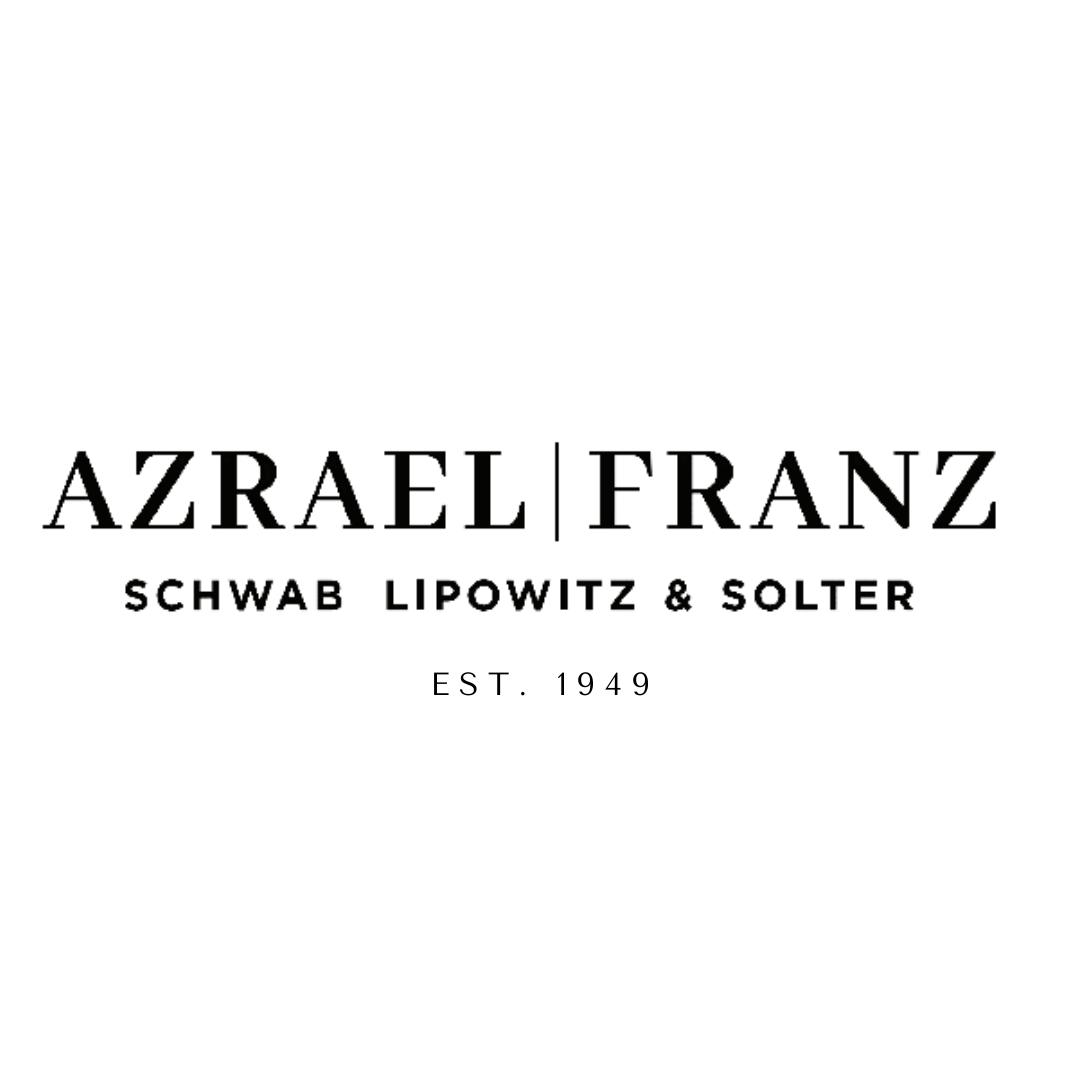Drug Recalls and Your Rights
Medications are tested rigorously to ensure their efficacy and safety, and this process is overseen by the Food and Drug Administration (FDA). After a medication is put on the market, the FDA continues to oversee its effects—sometimes, the FDA will initiate a recall if a medication does not meet expectations or causes harm to its users. It is important to understand how drug recalls work and the steps you should take if a recalled drug causes you harm. Here, the medical product liability attorneys at Azrael, Franz, Schwab & Lipowitz explain what you should know about drug recalls and your rights.
Reasons for Drug Recalls
Medications may be recalled for a variety of reasons. Here are several common reasons a drug may be recalled:
Health Hazards
One of the most serious reasons for a drug recall would be because the product is causing unforeseen harm to its users. Sometimes, the full range of symptoms a drug may cause are not made apparent until the drug is widely used. An example of this would be the drug Fenfluramine/phentermine, or Fen-Phen, that was recalled in 1997 after it was found that user’s risk of heart disease and pulmonary problems increased dramatically. Fen-Phen was recalled from the market, and a lawsuit was filed by Fen-Phen victims, with legal fees and damages exceeding $21 billion.
Poor Packaging or Incorrect Labels
If a drug is labelled with confusing or inaccurate dosing instructions, the product will be recalled so that the company can correct the labelling. Ineffective dosing tools or damaged packaging may also cause a drug to be recalled.
Contamination
Sometimes during transport and delivery, a drug becomes contaminated by a harmful or benign substance. In order to mitigate the risk of harm to users, the FDA may recall specific batches of drugs that have been or potentially could have been contaminated.
Incorrect Description
Drugs must be labelled in such a way that accurately reflects their purpose and use. A drug that is marketed as a pain reliever, but is actually an allergy medication, for example, would be recalled so that the labelling can be changed to correctly describe the product.
Poor Manufacturing
The FDA has rigorous manufacturing standards for medications. Failure to meet these standards may result in a decrease in quality, purity or potency of a drug. If such issues in manufacturing occur, the drug may be recalled.
Drug Recall Process
Upon learning that a drug does not meet necessary standards, or is causing harm to users, some drug companies may voluntarily recall their product. Other times, the FDA will receive reports about problems with a specific drug and will then request the product be recalled. A comprehensive list of recalled drugs can be found on the FDA’s website.
What to Do if You Use a Drug That Has Been Recalled
Drug recalls are a serious matter, and it is important to stay informed—if you are taking a drug that has been recalled, stop taking it immediately. Hold on to the medication so that it can be confirmed to be from the batch being recalled. Consult with your physician immediately so they may determine a more appropriate medication for you to take.
If you believe that a medication you are taking is causing unforeseen or dangerous side effects, cease use immediately, and inform your physician as soon as possible. You may also wish to consult a product liability attorney—such as the attorneys at Azrael, Franz, Schwab & Lipowitz—to determine whether you may seek damages against the drug company. Drug side effects can have a serious and debilitating effect on one’s quality of life, and the attorneys at AFSL want to ensure victims of faulty or dangerous medications are able to seek the justice they deserve. If you or a loved one has been injured by a faulty or dangerous product or medication, contact us immediately for a free consultation.
